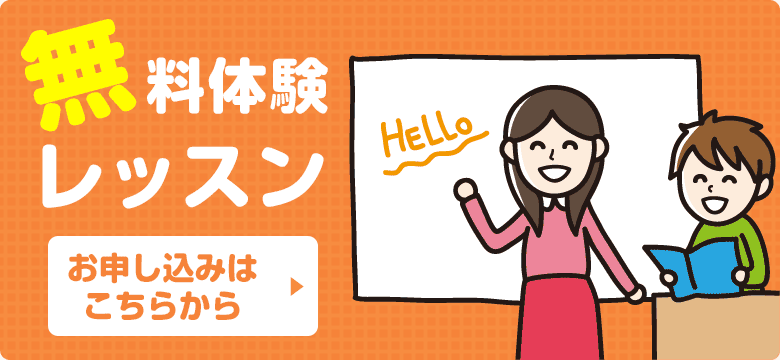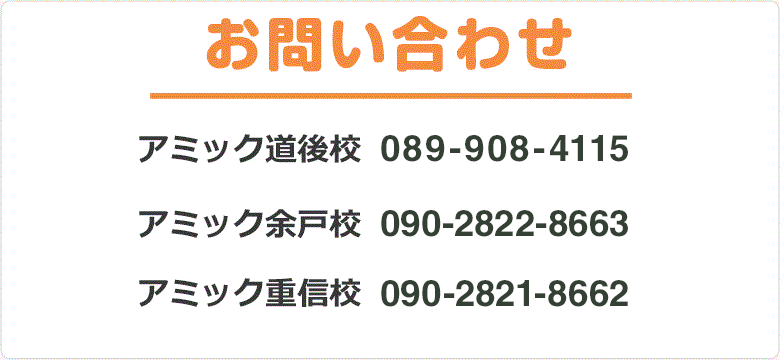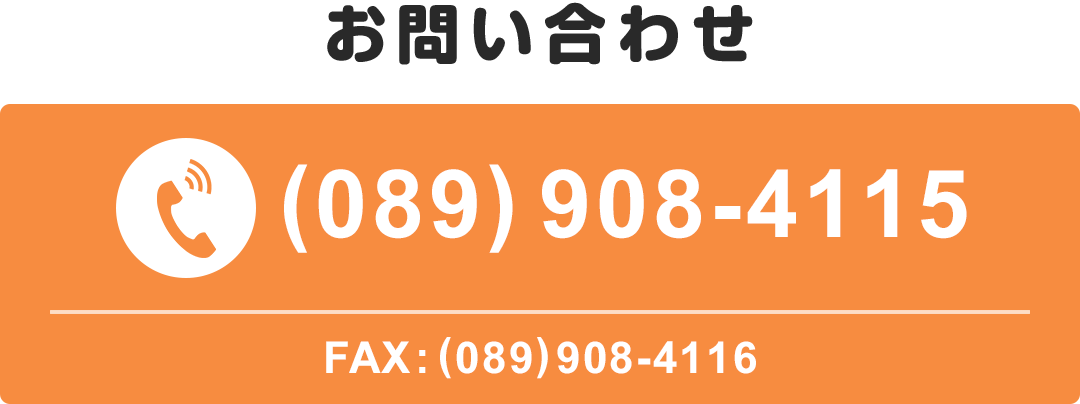英会話・英語 アミック Board Games
2018/04/23
All of us here at AMIC have things that we are very passionate about. Of course, we are enthusiastic about the English language, but we also have a range of different hobbies or interests in our free time. Reading books, watching movies, playing games, and listening to music are all great ways to relax. They can also be a fantastic way to improve your language skills. Exposing and immersing yourself in foreign media is a great way to supplement your lessons and increase your overall fluency. Today I’d like to talk a little about something I love, board games.
I learned to love board gaming while I was in graduate school in the UK many years ago. There are many different types of games, but some of my favorites are co-operative games, where everyone works together to solve a problem or puzzle. Its a great communicative activity to enjoy the company of friends while working together towards a goal. In many places, you can even find Board Game Cafes. These are places where you can meet friends and enjoy coffee or food while playing games. There are many such places in Europe, and there are even quite a few in Asia. When I lived in Hong Kong I would often meet friends at a board game cafe downtown, where they also would use those games to teach English. Some larger cities in Japan such as Tokyo or Osaka also have places like this, but I haven’t had a chance to visit any.
I’ve used some popular board games to teach English in my recreation class before. Pandemic is a co-operative game where players must work together to cure diseases, and discuss planning and puzzle solving. I have also used Catan, an economic game where players need to negotiate and trade resources with each other. Some Japanese games have also become popular in English, such as the deduction game Love Letter from カナイ製作所. Playing these sorts of games lets you use English as a tool for accomplishing different tasks, and this goal-oriented approach can be helpful for improving fluency.
-Alex












